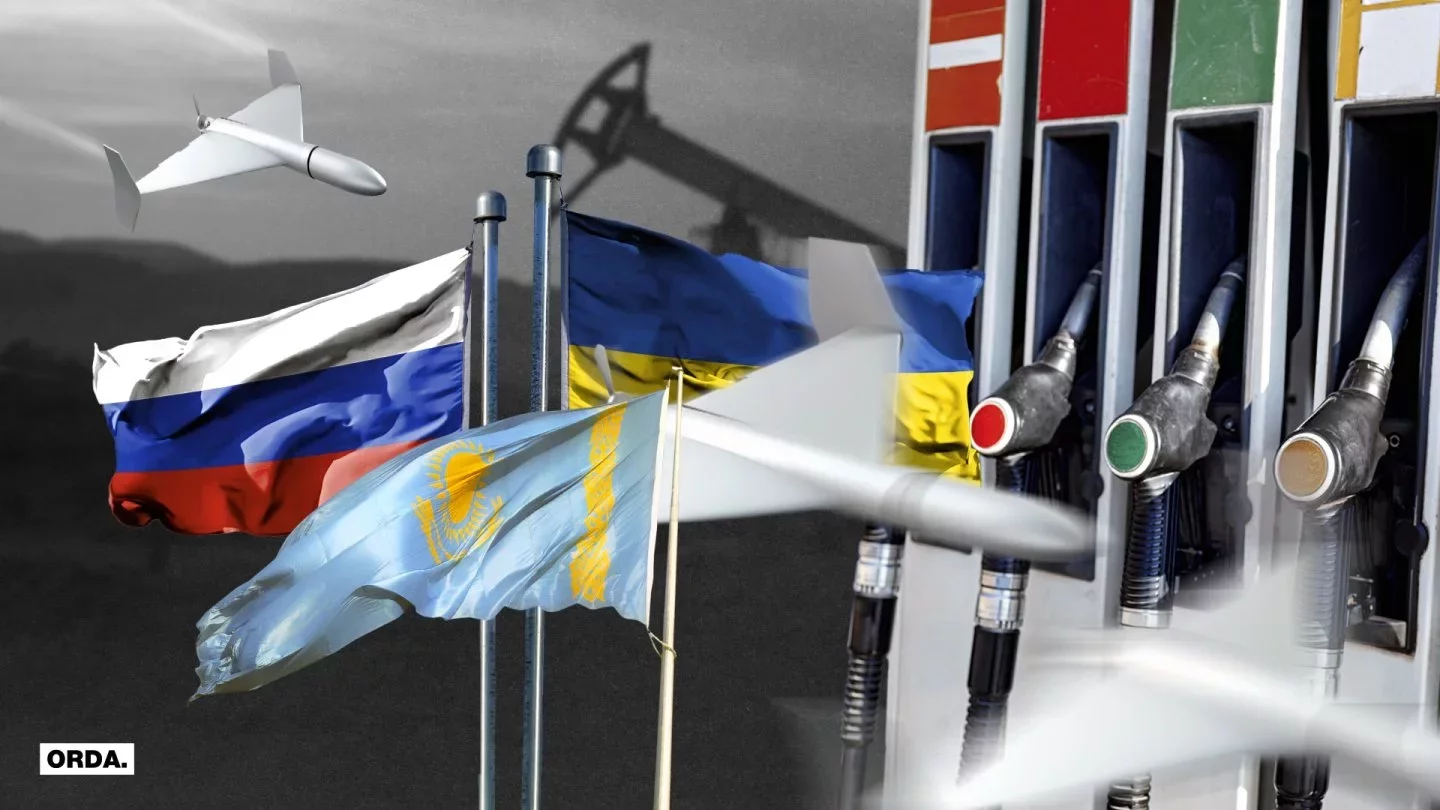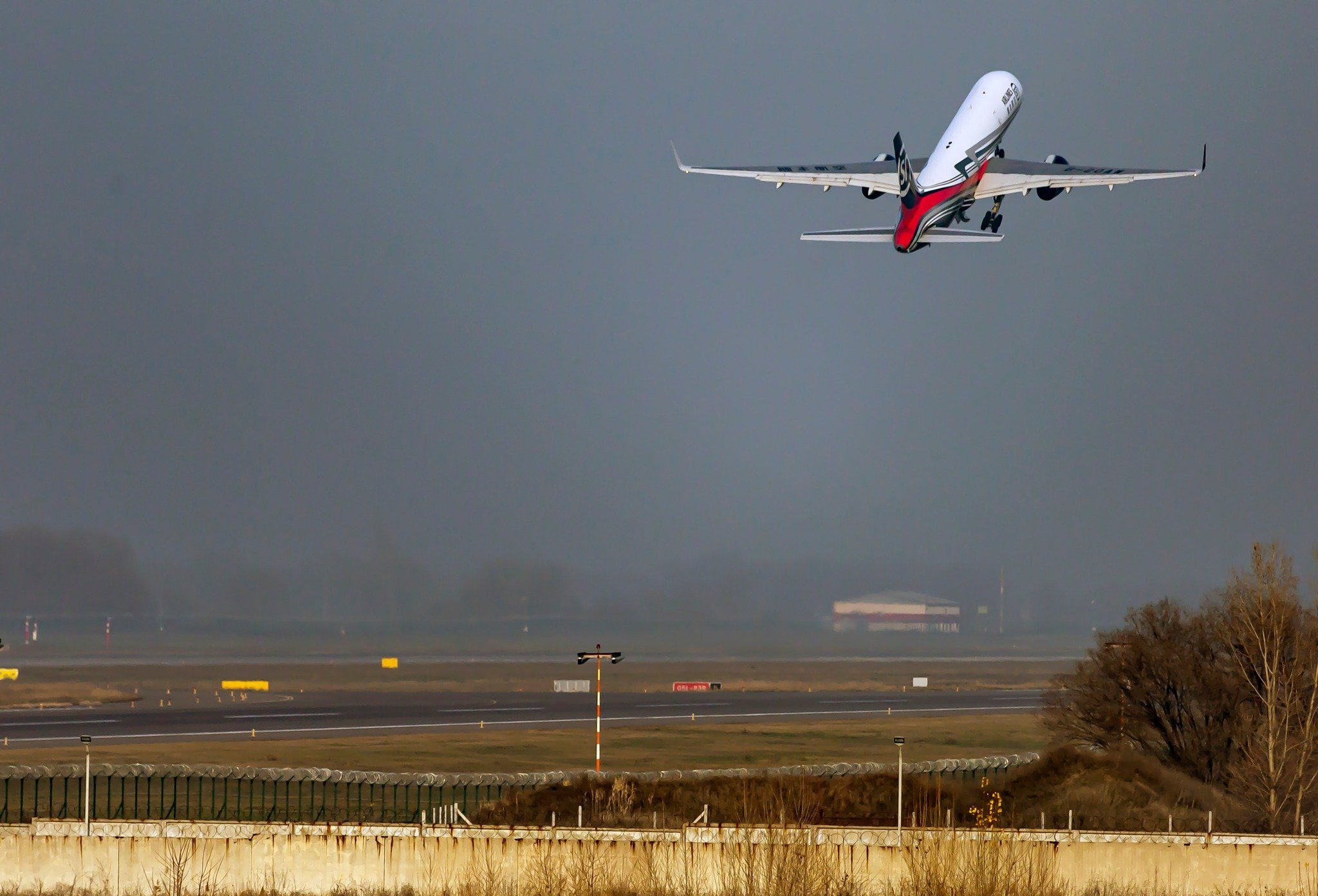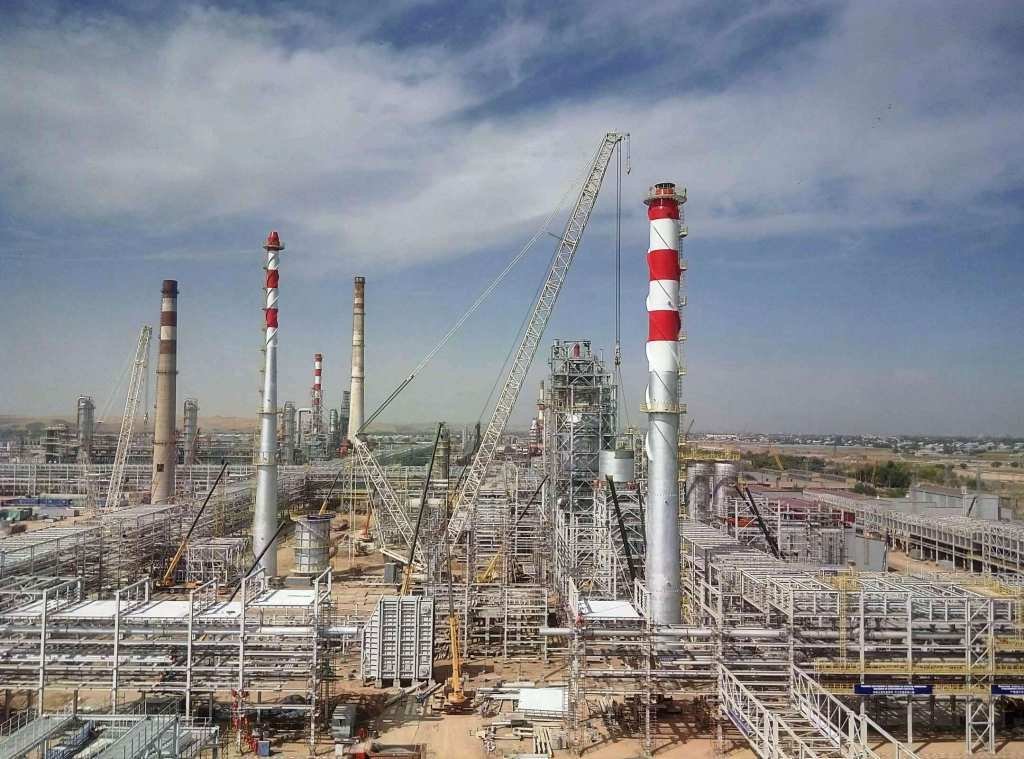Ukraine's Strikes on Russian refineries. How Will This Affect Kazakhstan?

Since the beginning of 2024, Russian oil refineries have already been attacked 15 times by kamikaze drones.
Despite having three of its own refineries, Kazakhstan purchases part of its petroleum products from Russia. Orda.kz spoke with Nurlan Zhumagulov, director of the Energy Monitor public fund, about whether the attacks could affect fuel supplies to the Republic of Kazakhstan.
Attacks on Russian refineries have become more frequent in March. A third of the 15 attacks occurred in the first month of spring. Drones have attacked oil refineries in Ryazan, Nizhny Novgorod, Kaluga, Syzran, and Sloviansk-on-Kuban. There were reports about an attack on the oil refinery in Novokuibyshevsk, but there was no confirmation.
Nurlan Zhumagulov believes this will not affect supplies from the Russian Federation. Russia has a surplus of petroleum products, thus ensuring the already approved volume to be sent to Kazakhstan. This notably concerns diesel fuel. According to Zhumagulov, the indicative balance approved for 2024, that is, the potential volume of imports, is 450 thousand tons. This is almost half of last year's amount (850 thousand tons). The expert explained that only half was imported from the Russian Federation.
We export about 10% of diesel fuel from Russia. And mostly it was winter diesel fuel because Kazakhstan produced it in small volumes. But now they are being built up. In terms of gasoline, these are mainly premium brands - from 95 and above. But the volume of their imports is even less, says the expert.

According to Nurlan Zhumagulov, three Kazakh refineries in Shymkent, Pavlodar, and Atyrau are capable of providing the bulk of the petroleum product supply to Kazakhstan's market. The country has a surplus of AI-92 gasoline thanks to domestic production.
The only product for which issues may arise is aviation kerosene. There is also enough for domestic consumption. Zhumagulov highlighted the Almaty airport, where there is an abundance of kerosene. However, after the onset of the full-scale war in Ukraine, planes from many countries began to bypass Russia, thus bringing about a need to refuel in other countries, including Kazakhstan, and in particular, Almaty.
Meanwhile, as the expert says, the Republic of Kazakhstan produces only two-thirds of the required volume of kerosene and imports a third from Russia for the time being.

But if attacks suddenly lead to Russia not being able to export jet fuel to Kazakhstan, it could potentially be bought from another neighbor.
The Minister of Transport has repeatedly stated his intentions to import aviation fuel from China, that our airports will be prepared for sustainable Jet-A1 fuel, Zhumagulov said.
China, according to the expert, could become a possible source of imports of petroleum products. Kazakhstan's raw materials are sent abroad, processed, and returned as finished products. Kazakhstan and China have already operated in this manner.
The expert nonetheless believes drone strikes on refineries have not particularly affected Russia so far.
These factories have already been restored. Attacks do little damage. These are mostly fires that are extinguished fairly quickly. Gasoline prices have indeed increased in Russia, but only by 1.5%, says Zhumagulov.
Ukrainian drones have yet to reach the largest factories, such as those in Neftekamsk. Zhumagulov believes that even if they are attacked, this will be a problem specifically for Russia and will have virtually no impact on Kazakhstan.
Nurlan Zhumagulov urges to pay attention not to Russian refineries but to Kazakhstani ones. This year, the three oil refineries in Shymkent, Pavlodar, and Atyrau will undergo repairs.

This should not present any issues, as the repairs are planned, and there are reserves of petroleum products. Yet, Zhumagulov notes the following point concerning the Shymkent Refinery:
The Jambyl region has become one of the largest consumers of gasoline. But this fuel simply “seeps into” Kyrgyzstan with which the Jambyl region has a border. We have a ban on export by tank trucks and railway transport. But there are cars with a tank capacity of 150 liters. They calmly cross the border and make several trips a day.
The expert recalls that until a certain time, a similar problem was created by Russian drivers, who bought fuel at Kazakhstan's gas stations, as it was cheaper in rubles. But gradually the exchange rate changed, thus putting an end to this practice.
Original Author: Igor Ulitin
DISCLAIMER: This is a translated piece. The text has been modified, the content is the same. Please refer to the original piece in Russian for accuracy.
Latest news
- Mother Questions Official Account of National Guard Conscript’s Death in Oral
- KazTransOil to Boost Oil Supplies to Kyrgyzstan, Resume Transit to Uzbekistan
- Russian Teen Who Fled to Kazakhstan to Escape War Faces Deportation
- Lawyer Comments on Gulnara Bazhkenova's House Arrest Conditions, Appeals to International Organizations
- Kazakhstan Marks Independence Day, Remembering the Tragic December Events of 1986
- Kremlin Spokesperson Says Ukraine’s Non-NATO Status Is Central to Peace Talks
- Kcell Receives Certification for Information Security
- Uzbekistan Aims to Halt Gas Production Decline by 2026 With New Fields
- Kyrgyzstan: Culture Ministry Denies Reports of Ban on Valery Meladze Concert
- Kazakh Ophthalmologist Wins International Honors at Hong Kong ICT Awards 2025
- Kazakhstan: Construction Industry Urges for Return to Previous Time Zone
- KTZ Spends 79 Million Tenge on New Workwear After Complaints From Mangystau Employees
- Armenian Defense Minister Says Situation Calm Along Border With Azerbaijan
- Zelenskyy Signals Ukraine Could Forego NATO Membership in Exchange for Security Guarantees
- Kazakhstan Says Damage From Drone Attack on CPC Facility Still Being Assessed
- Kazakhstan May Build Planned Thermal Power Plants Independently Amid Delays in Russian Financing
- Expert Warns Sale of Transtelecom Stake Overlooks Kazakhstan’s National Security Risks
- Kazakhstan Says Alternative Oil Export Routes Are Available Amid CPC Infrastructure Issues
- Former Foreign Ministry Spokesman Aibek Smadiyarov Appointed Head of Domestic Policy Department
- Kadyrov Says He Is Ready to Run Again as Chechnya’s Head in 2026

